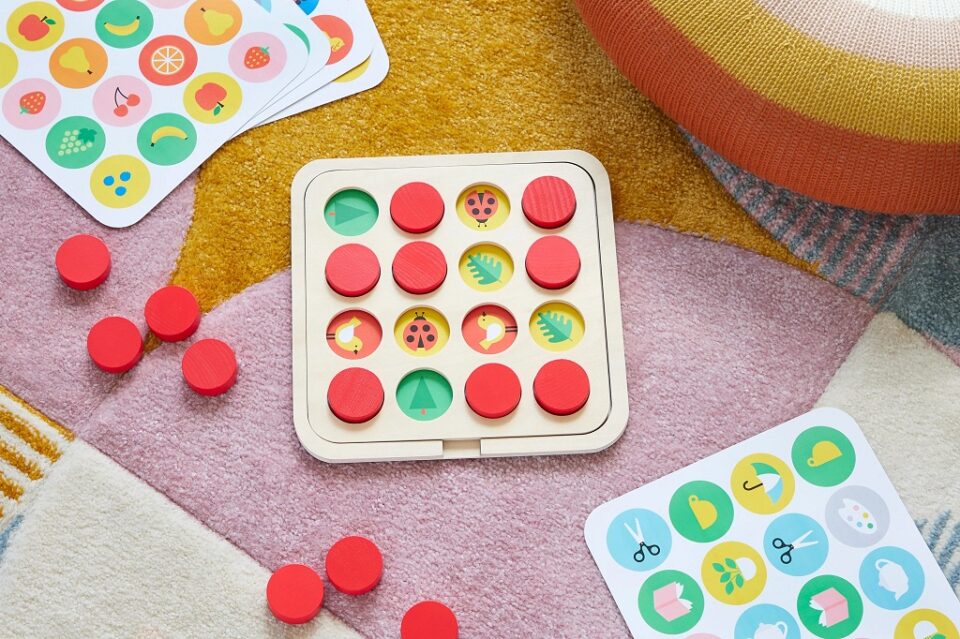Board games have always been more than just a source of entertainment. For children, they serve as a valuable educational tool, enhancing skills like problem-solving, communication, and critical thinking. One of the most notable benefits is their ability to strengthen memory.
When designed with intention, custom board games become an engaging and playful way to improve children’s memory skills, helping them retain knowledge while having fun.
The Role of Memory in Child Development
Memory is central to learning. Kids rely on short-term and long-term memory for tasks like recognizing letters, recalling instructions, and solving problems. Strong memory skills lead to better performance in school and improved focus in daily activities. Custom board games support this development by offering repetitive practice, visual cues, and interactive challenges that encourage recall.
How Custom Board Games Boost Memory
1. Personalized Themes Make Learning Stick
Children tend to remember information better when it is presented in a familiar or interesting context. A custom board game with themes like animals, space, history, or even their favorite cartoon characters keeps kids engaged, making it easier to store and recall information.
2. Repetition Strengthens Retention
Many custom games include repetitive elements, such as matching pairs, sequencing steps, or recalling previously seen items. This repeated exposure strengthens neural connections, allowing kids to retain information more effectively.
3. Visual Memory Training
Customized cards, boards, and tokens often use colors, symbols, or images that require kids to recognize and remember patterns. For example, a custom memory card game helps children sharpen their ability to recall images and associate them with their positions.
4. Storytelling Enhances Recall
Board games with custom storylines encourage kids to follow sequences and remember details as they progress. Remembering what happened in a narrative improves sequential memory, an essential skill for reading comprehension and logical thinking.
5. Active Participation Builds Long-Term Memory
Unlike passive activities, such as watching TV, playing board games demands active decision-making and interaction. This active involvement not only keeps children entertained but also promotes stronger and longer-lasting memory formation.
Examples of Custom Board Games for Memory Development
- Custom Matching Games: Kids flip over cards to find pairs, training visual recognition and recall.
- Sequence-Based Games: Players must remember and repeat steps in the correct order, strengthening sequential memory.
- Trivia and Quiz Games: Customized with age-appropriate topics, these games encourage children to remember facts and knowledge.
- Story Adventure Games: With custom characters and plots, kids must remember details to progress in the game.
Benefits Beyond Memory
While memory enhancement is a primary benefit, custom board games also nurture other essential skills:
- Social Skills: Turn-taking and teamwork build cooperation.
- Problem-Solving: Strategic decision-making improves analytical thinking.
- Creativity: Custom designs and themes spark imagination.
Conclusion
Custom board games are more than play, they are powerful tools that help children strengthen their memory and cognitive abilities in a fun and interactive way. By blending personalized themes with memory-boosting activities, parents and educators can use these games to make learning both enjoyable and effective.

